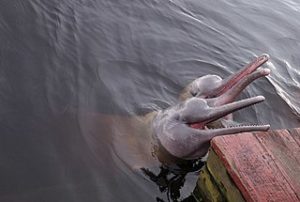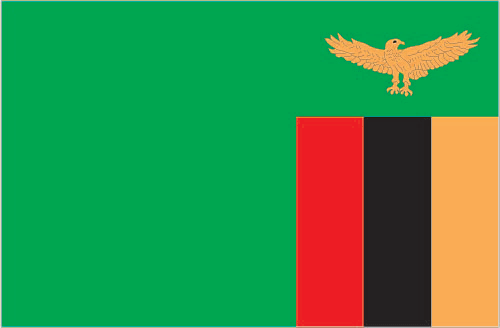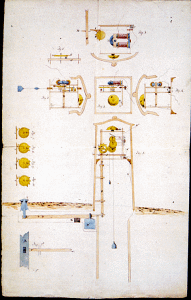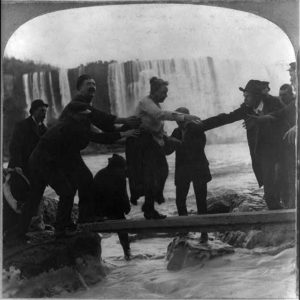Sarah Josepha Buell Hale (born Newport, New Hampshire, 1788; died Philadelphia, Pennsylvania, April 30, 1879) was a writer and an editor. Her most famous poem is “Mary Had a Little Lamb.” Children can read her very interesting The New Household Receipt-book at: Hale Cookbook.
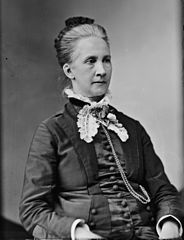
Belva Lockwood
Belva A. Bennett Lockwood (born Royalton, New York, 1830; died Washington, DC, May 19, 1917) was the first woman to argue before the Supreme Court. She championed women’s rights. In 1884 she became the first woman to be nominated for President of the United States. She served on many boards, including the Nobel Peace Prize nominating committee. Older children could learn more at: Belva Lockwood.
Barbara Robinson (born Portsmouth, Ohio, 1927; died Berwyn, Pennsylvania, July 9, 2013) wrote books for children. Her works include The Best Christmas Pageant Ever and The Best School Year Ever. Children could learn more at: Barbara Robinson.
Anton Van Leeuwenhoek (born Delft, Netherlands, 1632; died Delft, Netherlands, August 26, 1723) invented the microscope. He invented the microscope to examine cloth quality. However, he went on to observe bacteria. He called the organisms animalcules. He also studied blood of various organisms. Idea: Children could place a drop of water on a slide and observe the drop under the microscopes. There they could look at some animalcules. Children could read All in a Drop: How Antony Van Leeuwenhoek Discovered an Invisible World, written by Lori Alexander and illustrated by Vivien Mildenberger. Older children could learn more at: Van Leeuwenhoek.
